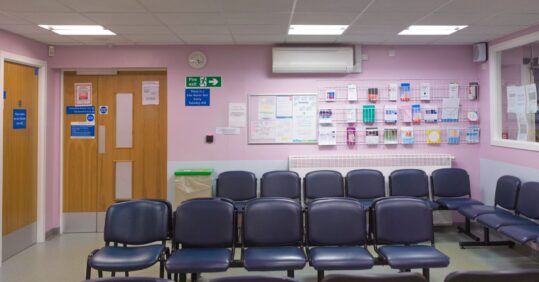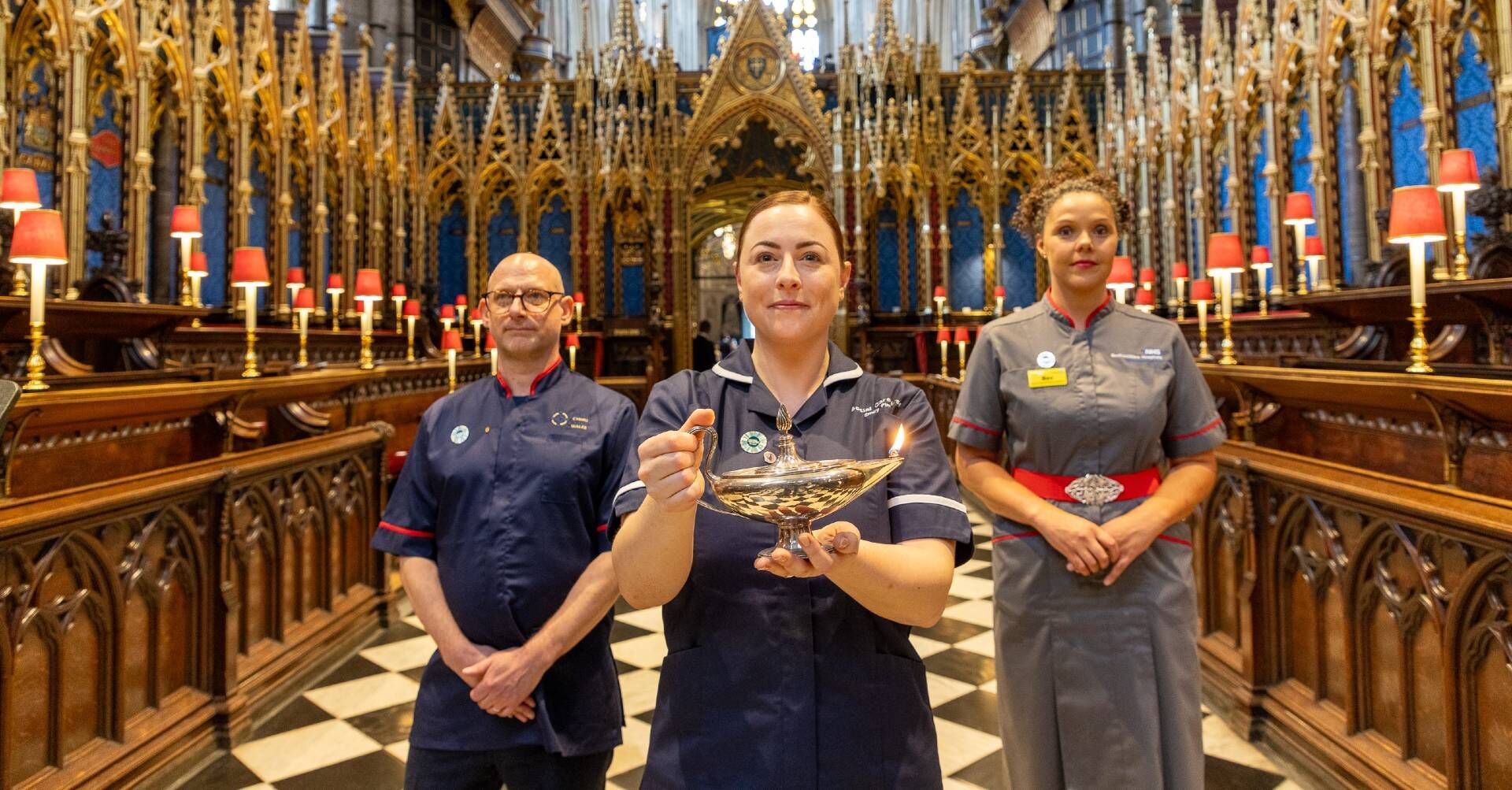Integrated care boards (ICBs) will test new ways of using ‘more flexible staffing models’, data and process automation within general practice as part of a pilot scheme, NHS England has announced.
A letter sent to ICBs this week stated that seven ICBs, led by Suffolk and North East Essex ICB, will formulate new ways of working within general practice.
This will ‘further deliver’ on a 2022 report by GP and NHS national medical director for primary care Dr Claire Fuller.
The letter doesn’t go into detail about what the pilots will entail for GP practices, but does say ICBs should work with primary care networks (PCNs).
Our sister title Pulse has reported on ICBs putting forward plans to separate same-day access from general practice, leaving practices with responsibility for routine appointments only, which they have claimed is in line with the Fuller report.
These new pilots will shape how the Fuller report is implemented more widely, however.
The Fuller stocktake, a landmark review on integrating primary care with other NHS services, recommended that GP practices form ‘single urgent care teams’ across ‘neighbourhoods’ to improve patient access.
It also laid out plans to develop ‘innovative employment models such as joint appointments and rotational models’ to counter the GP workforce crisis.
The letter stated that the specific aims of the pilots would be to:
Improve insight and data by ‘testing more flexible staffing models and ways of reducing administrative burdens’;
Understand what is needed to ‘deliver the Fuller Stocktake vision consistently and sustainably’;
Evaluate the use of ‘digital tools such as process automation and risk stratification’ to support GP teams
Use ‘dedicated multi-disciplinary teams’ to support patients with more complex needs’
It added that these insights would be collected over a ‘two-year timeframe’.
Earlier this year, North West London ICB caused controversy with its plans to integrate a hub model, based out of PCNs or groups of PCNs, aimed to ‘deliver a single point of triage for same-day, low complexity’ demand for all 2.1 million residents within the integrated care system, leaving GP practices with only longer-term, ‘complex’ care.
The chief executive of the ICB suggested that these plans were in line with the Fuller report, claiming that ‘some aspects’ were ‘determined nationally’.
NHS England distanced themselves from the plans, stating that it was up to the commissioners to implement the Fuller report based on local circumstances.
In response to the announcement of new pilots, the British Medical Association’s GP Committee argued that the way to ‘better optimise’ general practice is to provide ‘more funding for the existing operating model’.
Deputy chair Dr David Wrigley said: ‘Rather than attempting new, untried and untested ways of working in general practice, we should be concentrating on ensuring that patients can see their family doctor quickly and easily, in a practice that is local to them, which is well-staffed and resourced, and safe.’
He said that during recent negotiations with the government, the BMA sought to highlight the erosion of £600m investment from the GP contract – but this ‘fell on deaf ears’.
Dr Wrigley continued: ‘Our evidence also included how this was forcing practices to reduce staffing, particularly GPs and nurses, as well as to seriously consider closing their doors for good.
‘We must invest to reverse the exodus of doctors we’ve seen in general practice over the last decade, and support GPs a to meet increasing demand and complexity of urgent and proactive care.’







